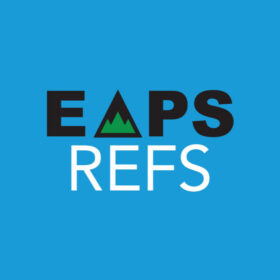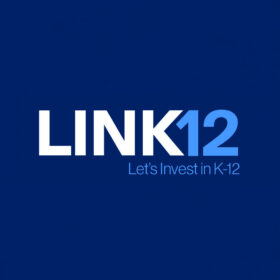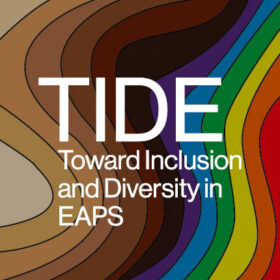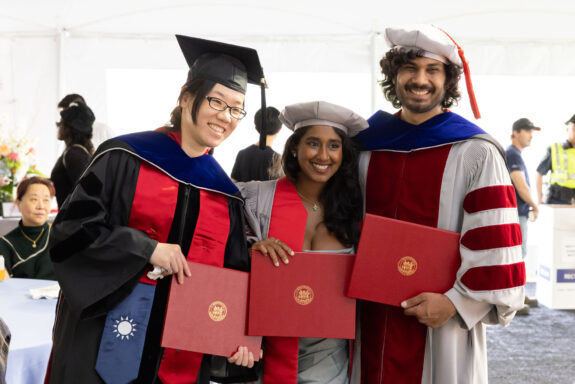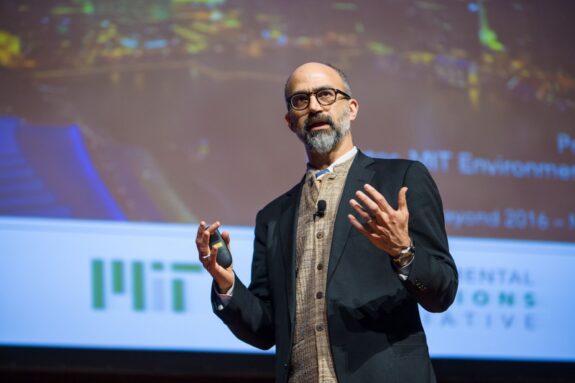Community
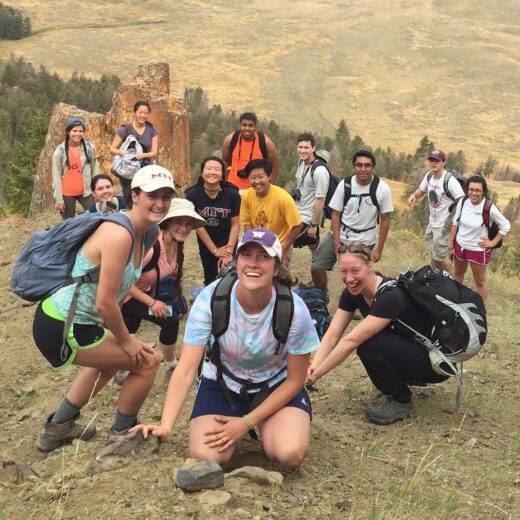
Work hard. Build a better world. Eat cookies.
We’re a community joined by shared curiosity. Every day we’re striving to answer challenging questions about our planet and its future. And then we eat cookies.
While we work hard, our strength comes from our informal, collaborative nature. In fact, Ida Green, namesake of our communal lounge on the Green Building’s 9th floor, ensured community-building was “baked-in” by endowing daily Cookie Hour. A beloved and longstanding tradition, every day at 3:00 we get up from our desks to share snacks—and ideas.
Students are the bedrock of our community.
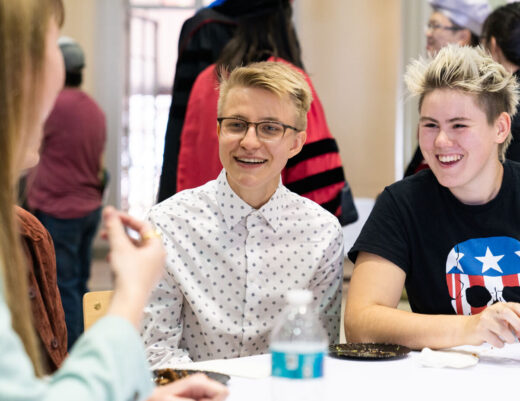
Our alumni are changing the world.
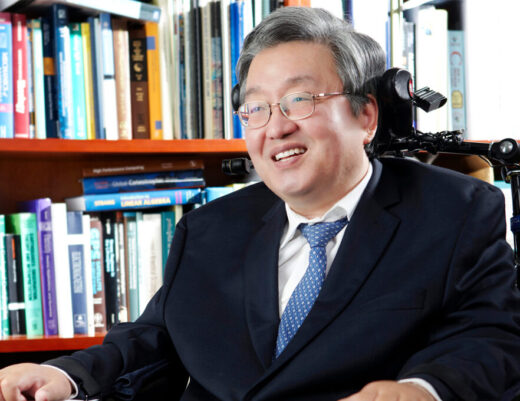
EAPS Community Groups

EQUAL
EAPS QUeer ALliance (EQUAL) invites all students, postdocs, researchers, and staff in EAPS to participate in our community-led affinity group supporting the LGBTQIA+ community, including monthly meetings during the semester and community events.
Making connections with classrooms and community, for a better world.
We’re keen to share our discoveries and make connections across the community, promoting public understanding and appreciation of scientific research, fostering an inclusive vision for the future of science, and inspiring new generations of researchers and innovators.
Discover Our Outreach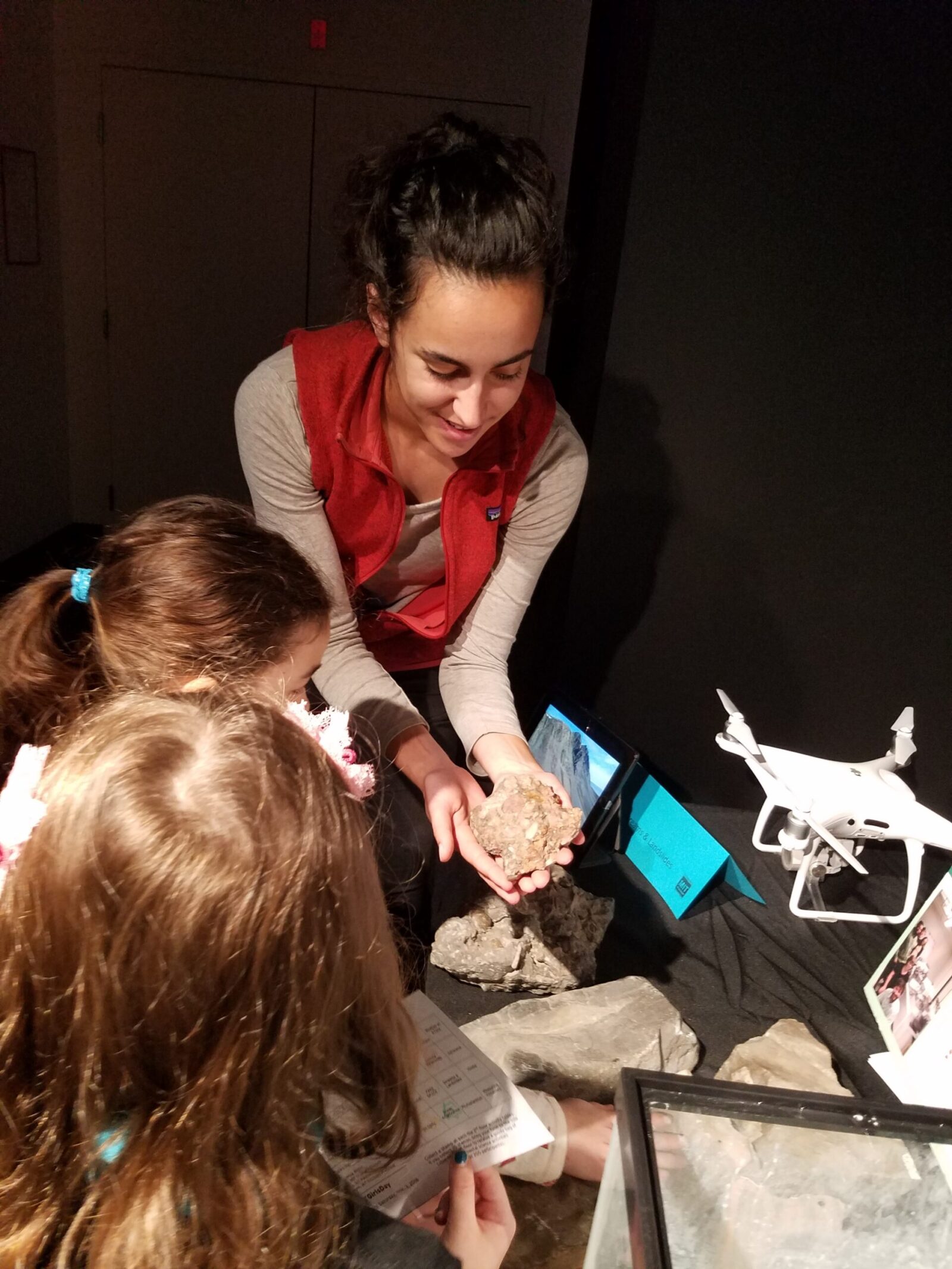
Community Resources
- Career Advising and Professional Development (CAPD)
Career guidance, events, training, and one-on-one appointments. - MIT Writing & Communication Center (WCC)
Schedule one-on-one consulting sessions with professional writers. The Center provides free professional advice about all types of writing and speaking/oral presentations. Specialized help is available to non-native English speakers. - The Atlas Learning Center
Online sessions on technical topics, “soft” skill topics (such as leadership, communication, management, and career transitions), and required MIT training modules. - MIT Open Learning
Access MIT course content online, including OpenCourseWare (OCW) and MITx. - MIT Teaching and Learning Laboratory (TLL)
Explore TLL’s programs and services, including workshops, seminars, and consultations related to teaching and learning. The Kaufman Teaching Certificate Program is offered twice a year at no charge to MIT postdocs and graduate students who wish to develop their teaching skills. It is very popular, and sessions typically fill immediately after registration opens.
EAPS REFS – Resources for Easing Friction and Stress
We are a support network of graduate student mediators (REFS) who have completed extensive training with Conflict Management@MIT to provide low barrier, confidential peer-to-peer coaching, listening, de-escalation, and informal mentoring and mediation. This means that if you have a problem — big or small, in lab or at home — we are prepared to listen and talk through possible solutions, all in a strictly confidential manner. If you need more support, we can direct you to one of the many additional resources available on the MIT campus.
As REFS, our mission is to help our peers deal with difficult situations and increase the overall well-being of all members within the EAPS community. Primary emphasis is on graduate student support, but we are also available to undergraduates, post-doctoral researchers, faculty, and staff in EAPS.
MIT Ombuds Office
The MIT Ombuds Office is a confidential* and independent resource for all members of the MIT community, including students, faculty, employees, alumni, and employees of Lincoln Lab, to constructively manage concerns and conflicts related to your experience at MIT. They support your success in work and studies by helping you to analyze concerns, clarify policies and procedures, and identify options to constructively manage conflicts. They also provide systemic feedback to strengthen MIT and promote a fair and respectful culture.
*The only exceptions to this pledge of confidentiality are situations that present a risk of serious and immediate harm to yourself or others.
MIT Office of Religious, Spiritual, and Ethical Life
Comprised of over 20 chaplains and 40 student groups, the Office of Religious, Spiritual, and Ethical Life (ORSEL) reflects the diversity of the institute’s community. Through regular opportunities for worship, meditation, prayer, and study, the office is a resource for students, faculty, and staff, of all faith traditions and belief systems. The chaplains provide religious, spiritual, and educational programming, as well as confidential* counseling and crisis support.
*Chaplains who are ordained clergy within their religious traditions are confidential resources for members of the community.
Institute Discrimination & Harassment Response (IDHR) Office
Contact the Institute Discrimination & Harassment Response (IDHR) Office for more information about resources and reporting options for bias incidences related but not limited to race, religion, sexual orientation, disability, and gender, including sexual harassment and sexual assault.
Violence Prevention & Response (VPR)
VPR is MIT’s primary, on-campus resource for preventing and responding to interpersonal violence, including sexual assault, dating and domestic violence, stalking, and sexual harassment. Their prevention specialists work with the entire campus to educate and raise awareness. Their hotline is available 24 hours a day to support survivors in deciding what to do next. All of their services are free and confidential.
Dean On-Call
In the event of student emergencies, DSL staff and others from across MIT volunteer for the Dean On-Call system, which is just a phone call away.
MIT Health
At MIT Health, approximately 300 clinicians and other professionals provide clinical care, wellness programs, public health resources, student insurance services, and community support for the MIT community, including students, faculty, and staff, including families and retirees.
MIT Health is located in Building E23 — 617-253-4481
MIT Health’s Urgent Care Service is open daily for urgent, but non-life-threatening emergencies. (617-253-1311, 24-hour assistance at 617-253-4481).
Thrive@MIT is a good resource for general community wellness resources on campus.
Student Mental Health + Counseling
MIT Medical’s Student Mental Health and Counseling Services works with students to identify, understand, and solve problems, and to help transform that understanding into positive action. MIT Mental Health is available to anyone in the MIT community with problems, questions, or concerns.
Student Mental Health and Counseling Services is available for telehealth visits (if you are physically in Massachusetts only) and in-person appointments.
To make an appointment, call 617-253-2916 during regular weekday hours.
Mental health clinicians are available 24-hours a day for urgent matters — please call 617-253-2916 for assistance.
DoingWell
DoingWell was developed to empower students to prioritize their wellbeing. DoingWell means getting support whenever you feel like you could use some. During challenging times, it’s important to take care of yourself.
Undergrad Student Support Services (S3)
A friendly and easily accessible support hub for undergraduate students. Whether you’re struggling with a PSET due to personal issues, feeling too sick to take an exam, considering taking time away from the Institute, or just aren’t sure who to talk to, we can help. S^3 is a private resource.
GradSupport
Staff in the Office of Graduate Education provide advice and counsel on a variety of issues including faculty/student relationships, changing your advisor, conflict negotiation, funding, academic progress, interpersonal concerns, and a student’s rights and responsibilities.
MIT Graduate Assistance and Information Network (GAIN)
24/7 confidential service for graduate students and their adult household members. One call puts you in touch with work-life experts who can provide personalized resources and referrals across the wide range of topics listed below. GAIN’s work-life experts can also direct you to MIT’s internal resources that are available to support you and your family. MIT GAIN is also available to MIT’s undergraduate veterans
Employee Mental Health + Counseling
MIT cares about the well-being of its community members. Employees or their family members seeking behavioral or mental health services can find a wide range of resources at the HR WorkLife Center site.
MIT HR WorkLife and WellBeing Center
The MIT Human Resources Center for WorkLife and WellBeing is committed to meeting the personal and professional needs of faculty, staff, postdocs, graduate students, and their families. We offer a wide range of programs and services to enhance your quality of life, both at home and at work.
MyLife Services
MyLife Services provides MIT faculty, staff, postdocs – and household members – 24/7 access to a network of experts who are available to help with life concerns. Consultations are available by telephone, video, or text-message.
MindHandHeart
MindHandHeart is a coalition of students, faculty, and staff with fresh insights, new ideas, and diverse perspectives working collaboratively and strategically to strengthen the fabric of our MIT community. MHH is a community-building enterprise, building community through values-centered programming and department support.
MIT’s Institute Community & Equity Office
The Institute Community and Equity Office is MIT’s home for amplifying MIT’s sense of community, inspiring meaningful conversations, building skills, and supporting new inclusion initiatives. We convene and collaborate with students, staff, faculty, and postdocs on programs, projects, and initiatives that cross disciplines, departments, and identities. The ICEO is a steward and advocate for MIT’s shared values: excellence and curiosity, openness and respect, and belonging and community.
MIT Spouses + Partners Connect
A dedicated network for the significant others of MIT students, postdocs, staff, and faculty who have relocated to the Boston area. They organize activities that help you meet people, discover work and career opportunities, improve your English, share experiences and passions, and get information about living and parenting in Boston.
Child Care + Parenting
The MIT Work-Life Center offers a comprehensive network of resources to assist MIT community members in finding or using child care services for children of all ages, as well as an internationally recognized program of parenting resources to support those in the community who are raising children, including biological and adoptive parents, step-parents, guardians, grandparents, extended family, foster parents, and others responsible for children’s care.
Adult + Senior Care
The MIT Work-Life Center offers comprehensive support services for caregivers — our goal being to provide you with solutions to your caregiving challenges, so that you can focus on what matters most: being there for your loved ones.

